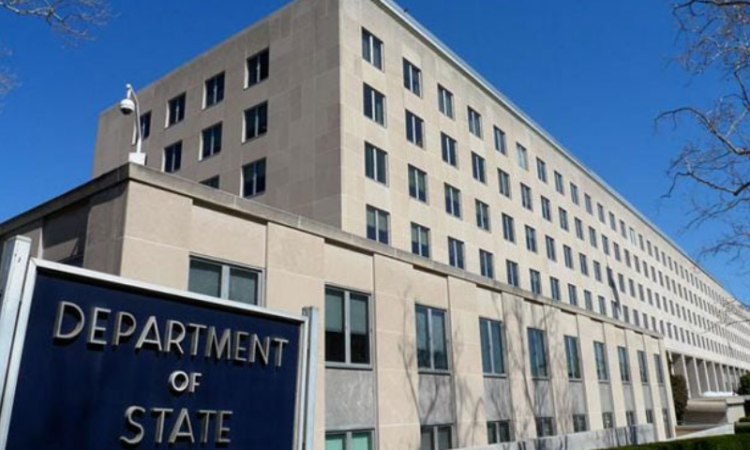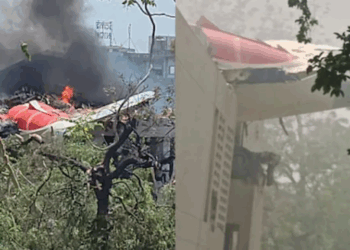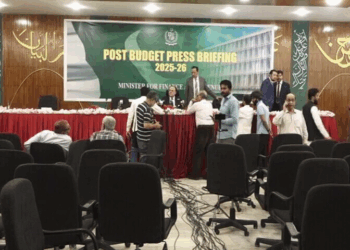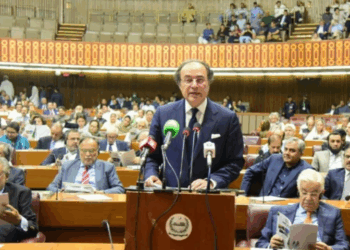Islamabad, April 6, 2025: Eric Meyer, Senior Bureau Official (SBO) for the Bureau of South and Central Asian Affairs at the U.S. Department of State, is scheduled to arrive in Islamabad for a three-day visit from April 8 to April 10. His visit, which coincides with the upcoming Pakistan Minerals Investment Forum (PMIF 2025), is aimed at advancing U.S. strategic interests—particularly in the critical minerals sector.
According to an official statement from the U.S. State Department, Meyer will lead a high-level American delegation and hold meetings with senior Pakistani officials to explore new avenues for U.S. businesses in Pakistan and strengthen bilateral economic ties. The visit will also focus on enhancing cooperation in counterterrorism, signaling continued strategic engagement between the two countries.
Meyer’s visit comes at a time of heightened economic tensions, following the U.S. administration’s announcement of a 29% tariff on imports from Pakistan—one of the most significant trade actions in recent history. The tariff, part of a broader protectionist policy unveiled by President Donald Trump, is set to take effect on April 9.
In response, Prime Minister Shehbaz Sharif has constituted two specialised committees to formulate a policy response, while Finance Minister Muhammad Aurangzeb announced that a high-level Pakistani delegation will travel to Washington for diplomatic engagement. Pakistan’s Ambassador to the U.S., Rizwan Saeed Sheikh, has confirmed Islamabad’s efforts to seek flexibility in the new tariff regime.
The timing of the U.S. delegation’s visit is particularly significant as Pakistan prepares to host the Pakistan Minerals Investment Forum 2025 in Islamabad. The event is expected to serve as a strategic platform for showcasing the country’s vast mineral potential—spanning over 600,000 square kilometres of mineral-rich terrain—to global investors, industry leaders, diplomats, financial institutions, and policymakers.
Despite its considerable reserves, Pakistan’s mineral sector currently contributes only 3.2% to the national GDP and accounts for a mere 0.1% of global mineral exports. However, with growing interest from international investors, improved infrastructure, and focused government initiatives, the industry is on the cusp of transformation.
“Pakistan hosts 92 known minerals, 52 of which are being commercially extracted. The country produces approximately 68.52 million metric tons of minerals annually, supporting more than 5,000 operational mines and 50,000 SMEs, and providing employment to around 300,000 workers,” a government official stated.
To capitalise on this potential, the government is finalising the National Minerals Harmonisation Framework 2025—a comprehensive policy designed to attract investment, harmonise regulations across provinces, and facilitate public-private partnerships. The framework aims to offer incentives to both domestic and foreign stakeholders, while formalising regulatory processes to ensure sustainable growth of the sector.








